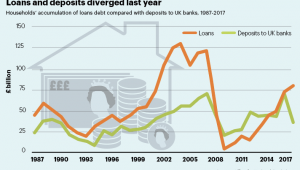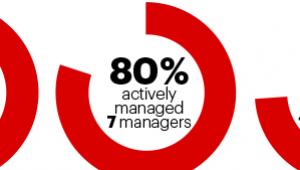Quick wins
University courses ‘mis-sold’, NAO suggests: Graduates are leaving university with average debt of £50,000 after a three-year course, the National Audit Office revealed. In a critical report, the watchdog raised concerns about the value for money of higher education, suggesting students were being “mis-sold” courses.
Public inquiries triple: There have been 68 public inquiries since 1990 at a cost of £639m, according to Institute for Government analysis. This compares to just 19 in the preceding 30 years. The government was increasingly relying on public inquiries to examine major incidents and tragedies, the think-tank said.
Justice shuffle: David Gauke became the sixth Conservative justice secretary in eight years after Theresa May’s new year ministerial reshuffle, following in the footsteps of Ken Clarke, Chris Grayling, Michael Gove, Liz Truss and David Lidington. He is the first qualified lawyer since Clarke to occupy the post.
Spending splits
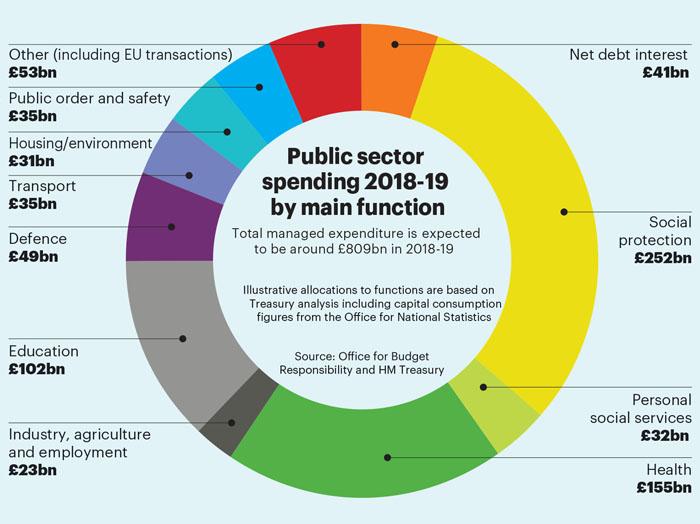
The largest slice of the public spending pie for 2018-19 (£252bn of approximately £808bn) will go on social protection measures, such as state pensions and other welfare benefits, the autumn budget showed.
Health gets the next biggest tranche with £155bn, followed by £102bn for education. Some £41bn will be spent on debt interest, according to the chart in the Red Book. There are boosts for transport, research and development and housing, and first-time buyers are to be permanently exempted from paying stamp duty on homes worth up to £300,000.
Revenue source
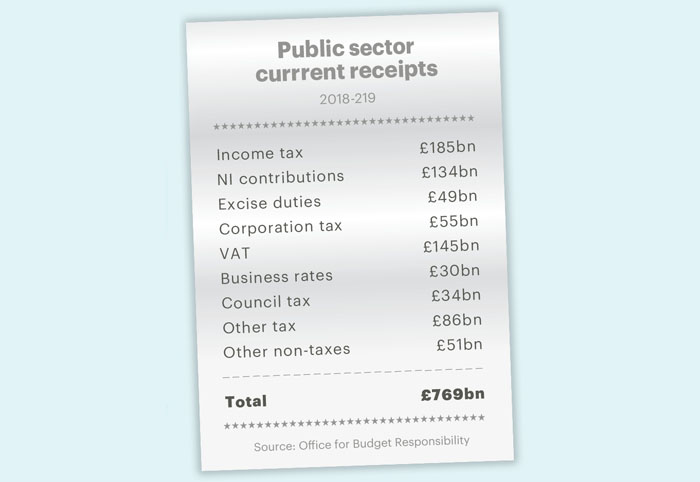
The autumn Budget gave an insight into sources of government revenue.
Income tax makes up most of the receipts at £185bn, followed by VAT at £145bn and national insurance contributions at £134bn.
Business rates, collected by councils, bring in £30bn, while council tax yields £34bn.
According to the Red Book, the government has secured an additional £160bn in tax revenue. It also said the tax gap was 6.0% in 2015-16, one of the lowest in the world.
Another country
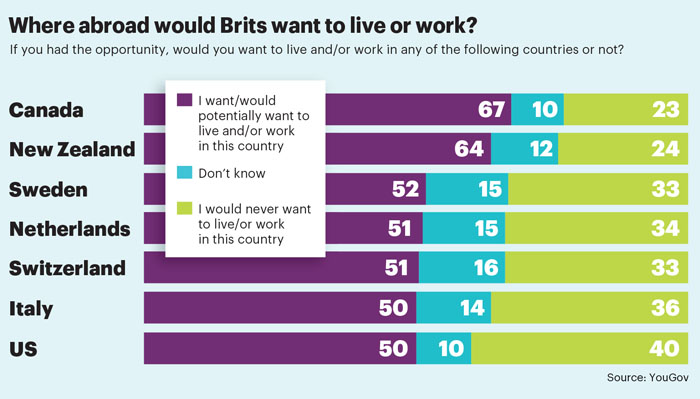
Following Brexit, it’s likely that UK citizens will lose their automatic right to live and work in any of the 27 EU nations.
However, that might not matter too much as YouGov research has revealed that EU countries don’t figure very prominently in Brits’ desirable destinations. Just Sweden, the Netherlands and Italy made the top six.
The two most popular destinations for wannabe émigrés were the English-speaking nations of Canada and New Zealand.
Decline and fall
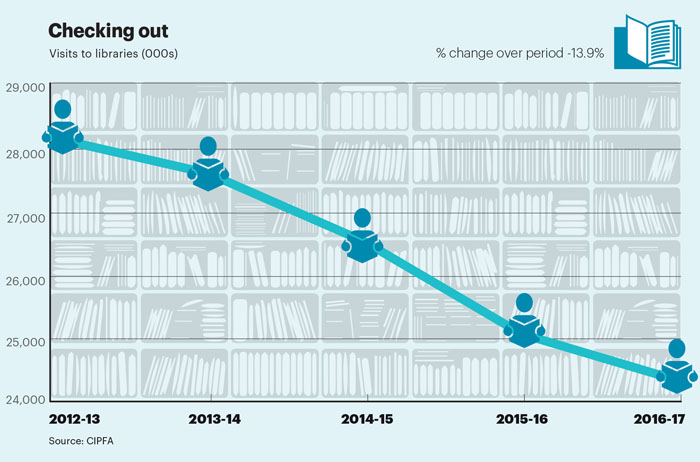
Visits to British libraries have been steadily declining over the past five years, figures from CIPFA have shown. The institute’s annual survey of libraries found there had been a 13% decline in visits between 2012-13 and 2016-17.
CIPFA chief executive Rob Whiteman said libraries and library services were “low-hanging fruit that continues to be picked” and, with councils under continued financial pressure, remained vulnerable to cuts. However, the number of library volunteers continued to rise and is up by 43% since 2012. CIPFA said this showed the status of libraries as important community assets.
Shelf life
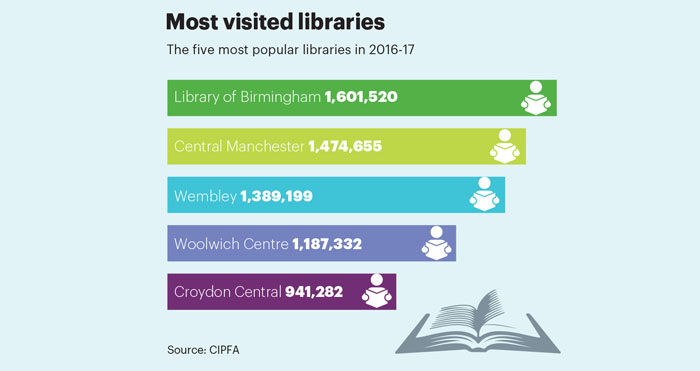
Despite the declining trend in library visits, CIPFA found some reasons to be cheerful, highlighting the popularity of libraries that attracted more than a million visits a year.
The most visited library in 2016-17 was the Library of Birmingham, with 1.6 million visits, followed by Central Manchester, which drew almost 1.5 million visits.
In terms of the number of issues per year, the busiest libraries were Carlisle, Norfolk & Norwich Millennium and Worcester. The most popular type of book to be issued was adults’ fiction, followed by children’s fiction.
No room on the ward
The average hospital bed occupancy rate hit 95% in December, NHS England has revealed.
Its data for the week to 17 December also showed handovers by ambulance staff to hospitals were delayed by more than 30 minutes in 15% of cases and by more than an hour in 3.5%.
NHS Providers director of policy and strategy Saffron Cordery said: “It is worrying to see bed occupancy rates continuing to rise when they were already well above the recommended upper limit of 85%.”
Richard Murray, director of policy at health think-tank the King’s Fund, said if the data was right “then hospital bed occupancy – a good proxy for the pressure hospitals are under – has been at even higher levels than last year”.
NHS Providers said it was better prepared than ever for the winter, developing resilience plans with social care bodies and helping staff improve care. Despite this, it warned, services would be “sorely tested”.





